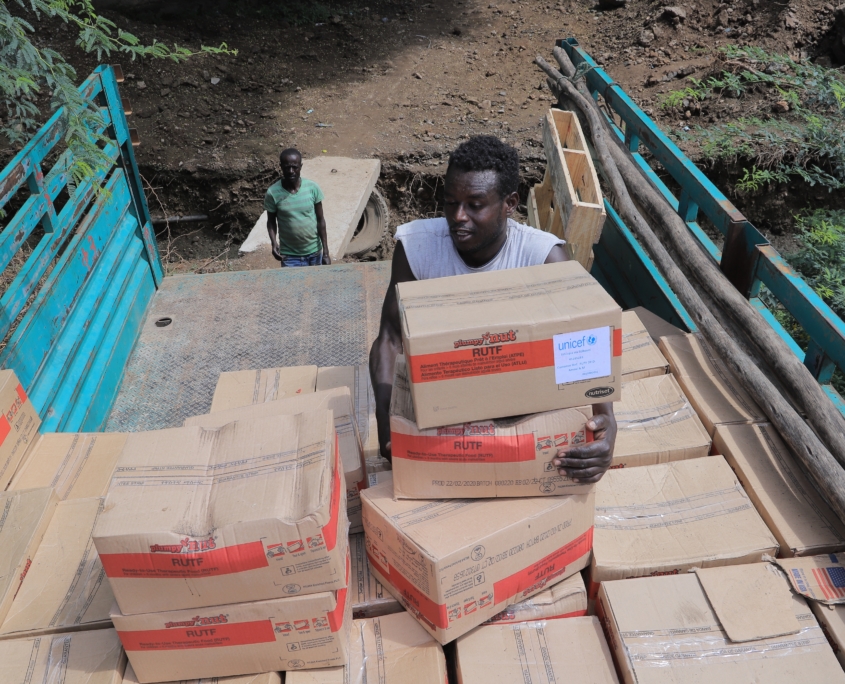Desert Locust Control Act Hopes to Aid Struggling African Countries
 Due to a recent outbreak of desert locusts in East Africa, the 117th Congress has written and introduced the H.R 1079 – Desert Locust Control Act on February 15th, 2021. In general terms, this act would “develop a comprehensive, strategic plan to control locust outbreaks in the East African region and address future outbreaks in order to avert mass-scale food insecurity and potential political destabilization.”
Due to a recent outbreak of desert locusts in East Africa, the 117th Congress has written and introduced the H.R 1079 – Desert Locust Control Act on February 15th, 2021. In general terms, this act would “develop a comprehensive, strategic plan to control locust outbreaks in the East African region and address future outbreaks in order to avert mass-scale food insecurity and potential political destabilization.”
The Act Explained
In more specific terms, the Desert Locust Control Act would create an interagency working group that comprises several representatives from varying federal departments and agencies carrying out the act’s requirements. These duties would include monitoring the effectiveness of regional efforts to mitigate the outbreak and finding opportunities for additional support. Furthermore, the act asks to ensure the delivery of necessary assets to control the outbreak and provide humanitarian assistance to those affected. Lastly, the act would improve coordination among the involved government agencies, relieve the impact of restrictions due to the COVID-19 pandemic and work to prevent future desert locusts as well as other potentially harmful outbreaks.
What Desert Locusts Cause
This act has become necessary for a variety of reasons. For example, the Food and Agriculture Organization has reported that as of December 2020, there were 42 million people suffering from food insecurity in East Africa. This number will increase if the locust outbreak is not handled. It becomes especially disheartening when considering the highly destructive nature of the desert locust. A small swarm can eat enough food for 35,000 people in one day, while a larger swarm can devour enough to leave 81 million people starving. It’s important to note the urgency of the situation as well. By June of this year, the number of desert locusts could increase by 400 times, due to there currently being favorable weather conditions for their breeding and each locust generation increasing by 20 times on average.
Problems Amplifying the Crisis
Another concerning factor of this recent outbreak is the economic damage to these countries, with locust-related losses being estimated at $8.5 billion for livestock production and asset damages. Furthermore, COVID-19 regulations have already created unfavorable conditions for agricultural production by disrupting supply chains, transportation and access to services and labor. These conditions have consequently increased the chances for a potential food security crisis in the past months. The desert locust outbreak only compounds these issues and creates a crisis within a crisis, making a worse situation out of an already dire issue. Unfortunately, the desert locust will also place vulnerable citizens, including women and children, into further vulnerability, when accounting for the fact of the eventual increase in crime due to food shortages. The International Rescue Committee (IRC), has estimated that 5,000 households, especially those run by women, will need humanitarian assistance by August of 2021.
The immediacy of this outbreak, the drastic results and the economic and political difficulties present, have made it necessary for the U.S. and other foreign countries to involve themselves and provide assistance. As evidenced, the Desert Locust Control Act will be crucial for the well-being of several impacted African countries as the second wave is almost 20 times larger than the first one. Due to this, African communities will need foreign aid in order to safely and effectively nullify this issue.
– Juan Vargas
Photo: Flickr
